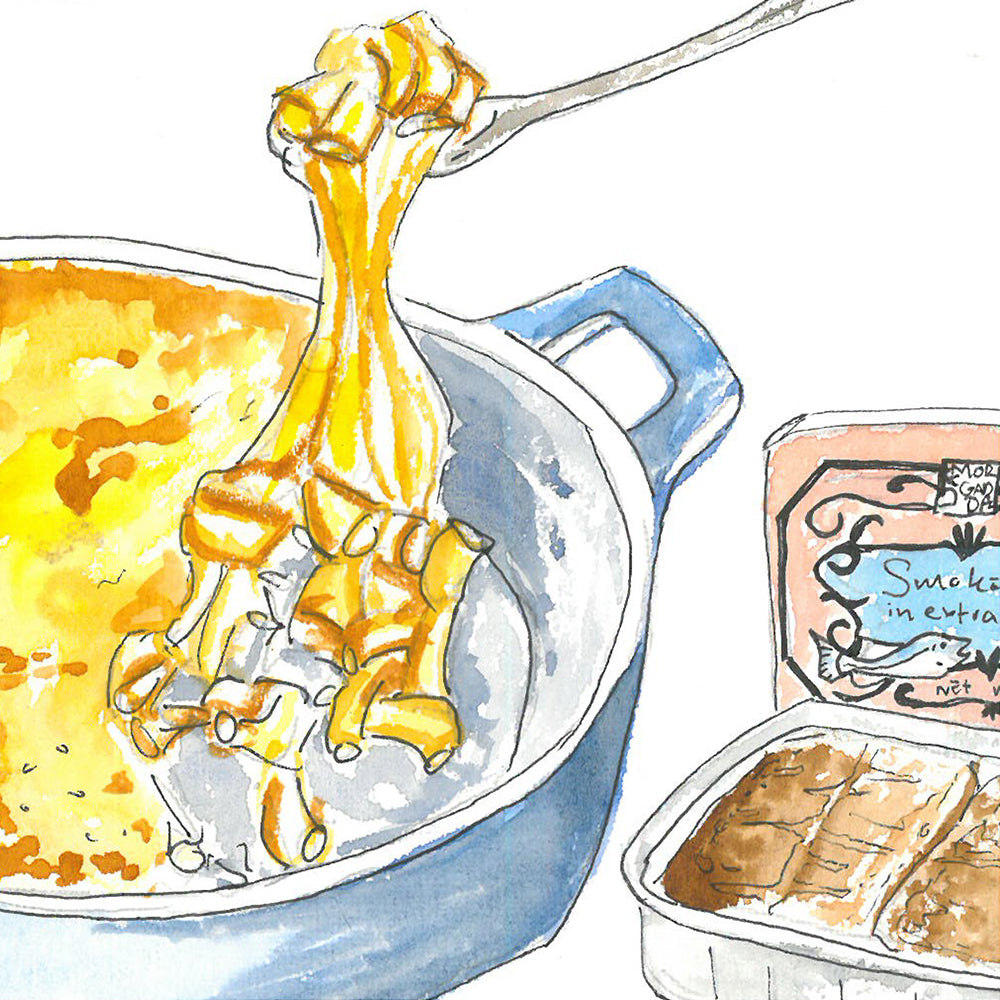Inside the palace, behind warm golden glass, music plays.
It fills the halls with ruptured revelry and echoes in the vast dining rooms, function rooms and dance halls, too. It’s fluid and casual, confident but broken, and the only sound that interrupts its magnificent splendor is the intermittent snickering which punctuates every effort. The exercise, a music lesson though it may be, is really one of abandonment, as indebted to rebellion as it is enjoyment, and although the primary concern is perfecting the keys, the true nature of this exercise is one of unlikely friendship. Between a student and teacher, a Queen and her Chevalier. Marie Antoinette is receiving her regular piano lesson from The Chevalier de Saint Georges, and while in this fleeting moment, the two are close friends, within a few short years they’ll be on opposite sides of a bloody rebellion, with one defending their keep and the other attempting to take it. But before we arrive at this point, we must first travel backwards in time to the years following Joseph Bologne’s honorary knighthood.
The Chevalier de Saint Georges had taken Paris.
His abilities as a master swordsman, marksman, swimmer, and dancer had already bewitched many while tales of his countenance had been committed to page and his infiltration to high society spread along the lips of gossip mongers from the capital city all the way to the Pyrenees. The Chevalier’s sensation in France had been nothing short of scandal, with many questioning how one man could have such an abundance of talents, and how given his darker complexion he had managed to navigate the country’s strict social standings with such ease. The conversation of who the Chevalier was and how he had procured so many talents so consumed the populace that very few were aware that Saint-Georges was set to make his most daring turn yet, as the solo violinist in Francois-Joseph Gossec’s Concert des Amateurs.
The Chevalier’s musical emergence likely inspired bewilderment. His previous exploits before his first live performance had become lore, and although Saint-Georges had proven himself a deft hand at every pastime he turned his attention to, this latest venture, that of music, still stupefied the gathered audience. Not so much because the crowd thought him incapable of keeping up with his musical peers, but because unlike the Chevalier’s previous endeavors, the kind where his tutelage and apprenticeship were well documented, his musical leanings were lesser known - even today, the origins of Saint-George’s musical ability are hotly debated.
Saint-Georges’ first live performance, needless to say, was exemplary. The young man was so skilled at his craft and so utterly obsessed with his betterment that within four years he’d been appointed the latest director of the Concert des Amateurs by Gossec himself. And in the twelve months that followed, Saint-George managed not only to surpass his previous mentor’s best efforts but had built a fresh legacy for French musicianship, introducing the first six string quartets to the capital along with a mass of new symphonies. Saint-Georges’ exceptional musical abilities were as widely talked about as his athletic endeavours, and it wasn’t long before he found himself amid high society and in the company of social elites such as Philippe D’Orléans and her majesty the Queen Marie Antoinette, the latter employing Saint-Georges as her musical teacher.
For the time being, it seemed Saint-Georges had the world at his fingertips, but in a few short years, all that had been built would slowly begin to crumble.
It started with the disbandment of Saint-Georges’ Concert des Amateurs, who were forced to cease operations due to a lack of funding, but fortunately fell on their feet when Saint-Georges asked his good friend and social elite, Philippe D’Orléans, for the open orchestral position in his recently revived Freemason Lodge, Loge Olympique. D’Orléans agreed and allowed Saint-Georges to reform his orchestra, with almost every musician following Saint-Georges to the newer venue. The Chevalier’s work continued with assured steadiness, and although Saint-Georges was content in his position, he still strived for more, which led him to apply for the director’s position in the Paris Opera. His application was endorsed by Marie Antoinette, and to many he seemed the ideal candidate, having recently formed the first disciplined French orchestra since Jean-Baptiste Lully. But ultimately Saint-Georges would fall victim to the prejudices of the time when three women from the Parisian Opera placed a petition to Marie Antoinette, stating that, ‘their honour and delicate conscience could never allow them to submit to the orders of a mulatto.’ Saint-Georges' dreams were dashed, and in the subsequent years he set to penning the first real failure of his musical career, the opera, ‘Ernestine.’
The production didn’t make it past the first night, and caught in a haze of rejection, Saint-Georges accepted an undemanding position as the music tutor for the Marquise de Montesson – the morganatic wife of the Duke of York. Saint-George enjoyed his time working as part of the Duke’s extensive staff, his affections aided by a handsome income, salubrious accommodation, and the grandiose title of Wolfcatcher Royal for the dignitary's unending properties. But like the previous good fortunes that had befallen Saint-Georges in recent years, his time in the Duke’s employ was short-lived when the portly man suddenly passed and his wife, distraught with his passing, severed ties with the grounds, leaving Saint-George without purpose for the second time in a few short years.
The idea of being without the comforts he’d grown accustomed frightened The Chevalier, and perhaps without this sense of fright he might never have turned to his good friend and social elite Philippe D’Orléans who had recently been instated as the latest Duke of Orleans. D’Orléans offered his friend a small apartment in the Palais-Royal, and it was during this time that The Chevalier would become ensnared in the world of politics, driving him headfirst towards the stand against absolute monarchy and the bloody revolution to follow.
References
https://www.musicologie.org/Biographies/saint_georges.html
Banat, Gabriel. The Chevalier de Saint-Georges: Virtuoso of the Sword and the Bow. Hillsdale, New York: Pendragon Press, 2006.


